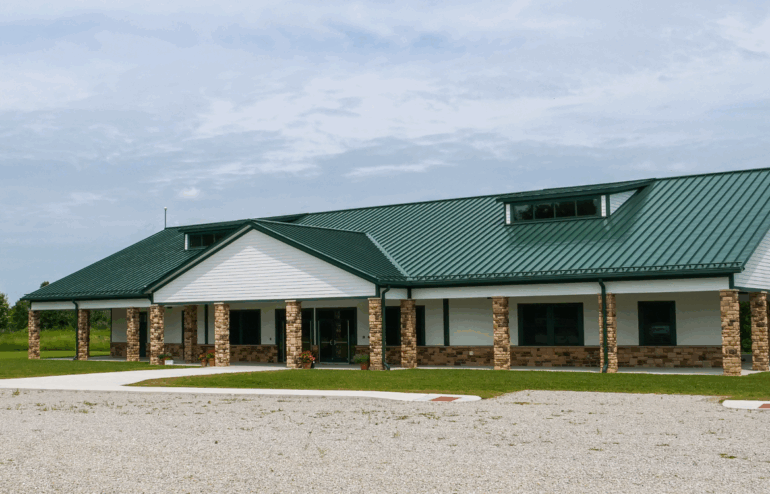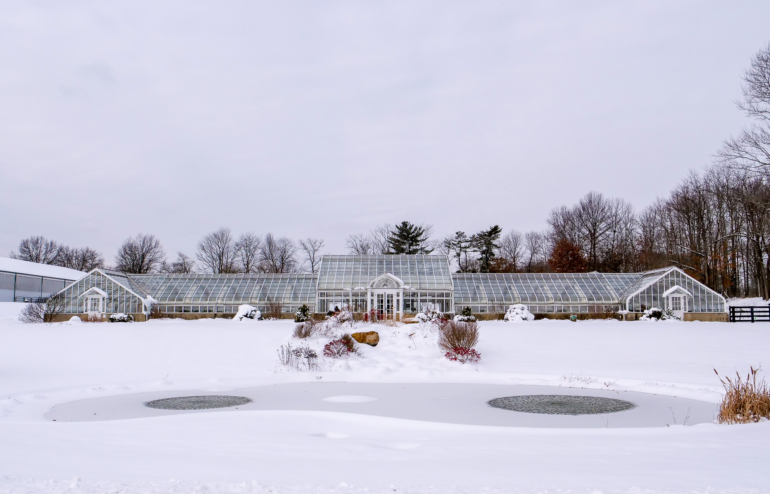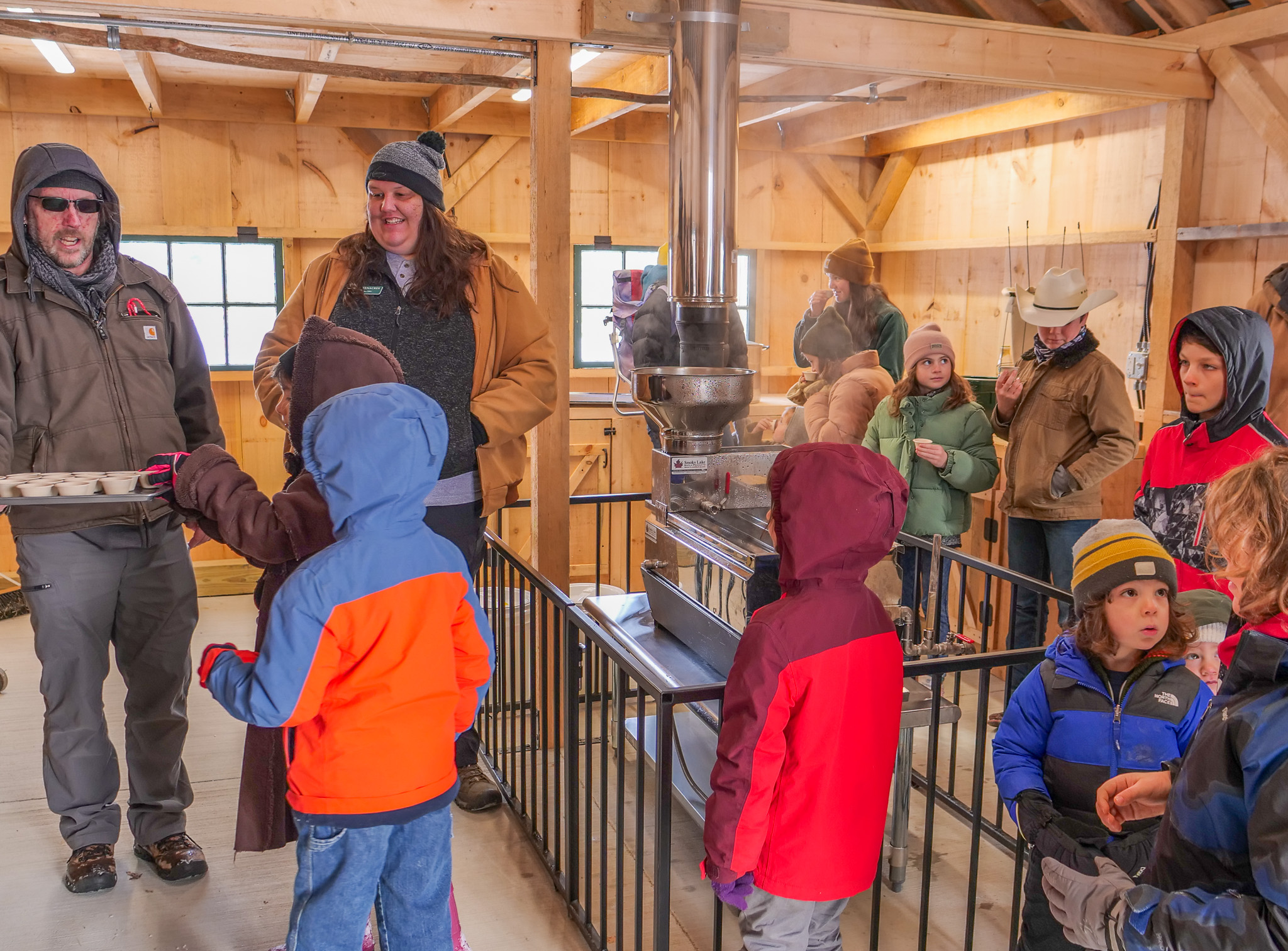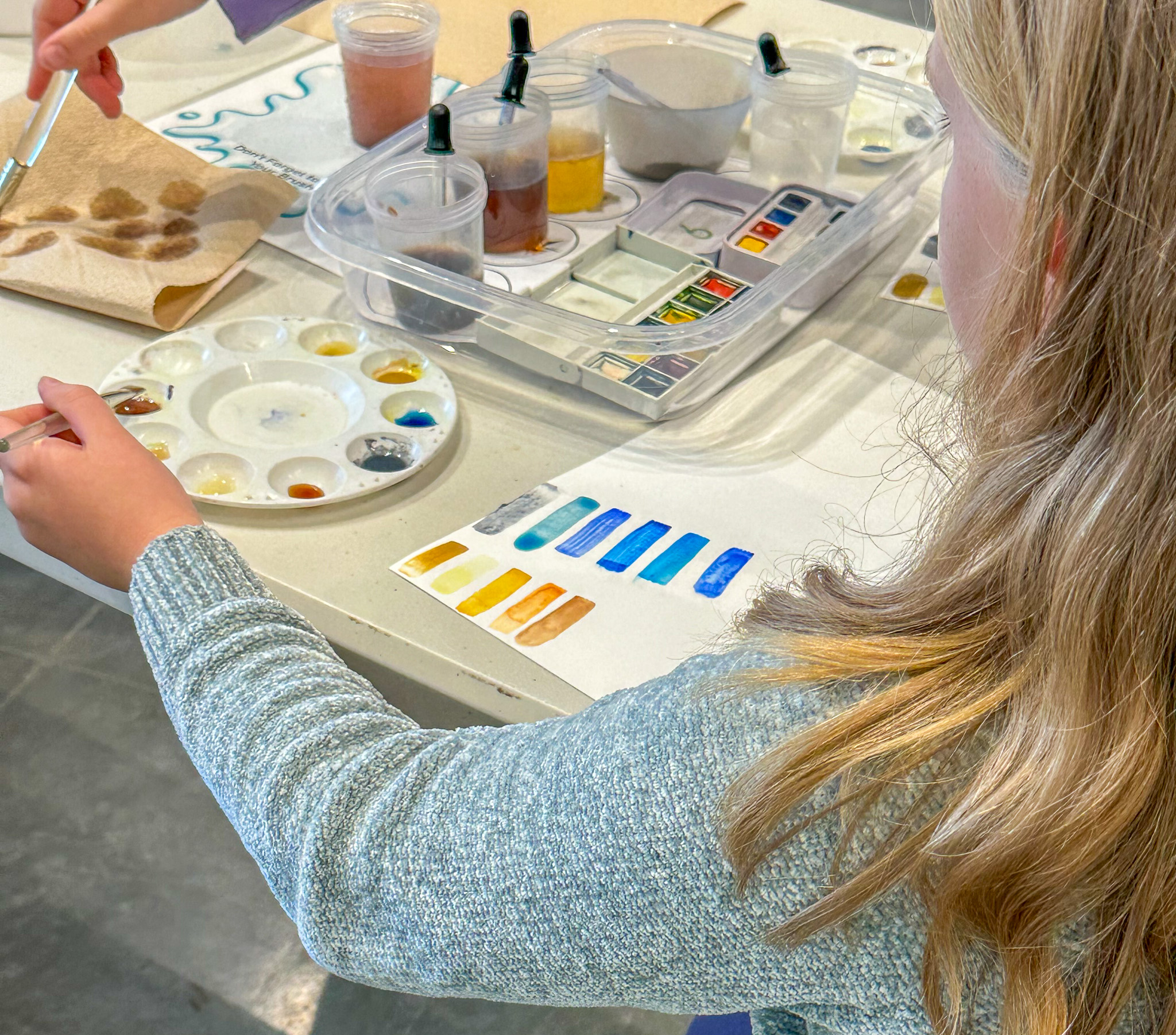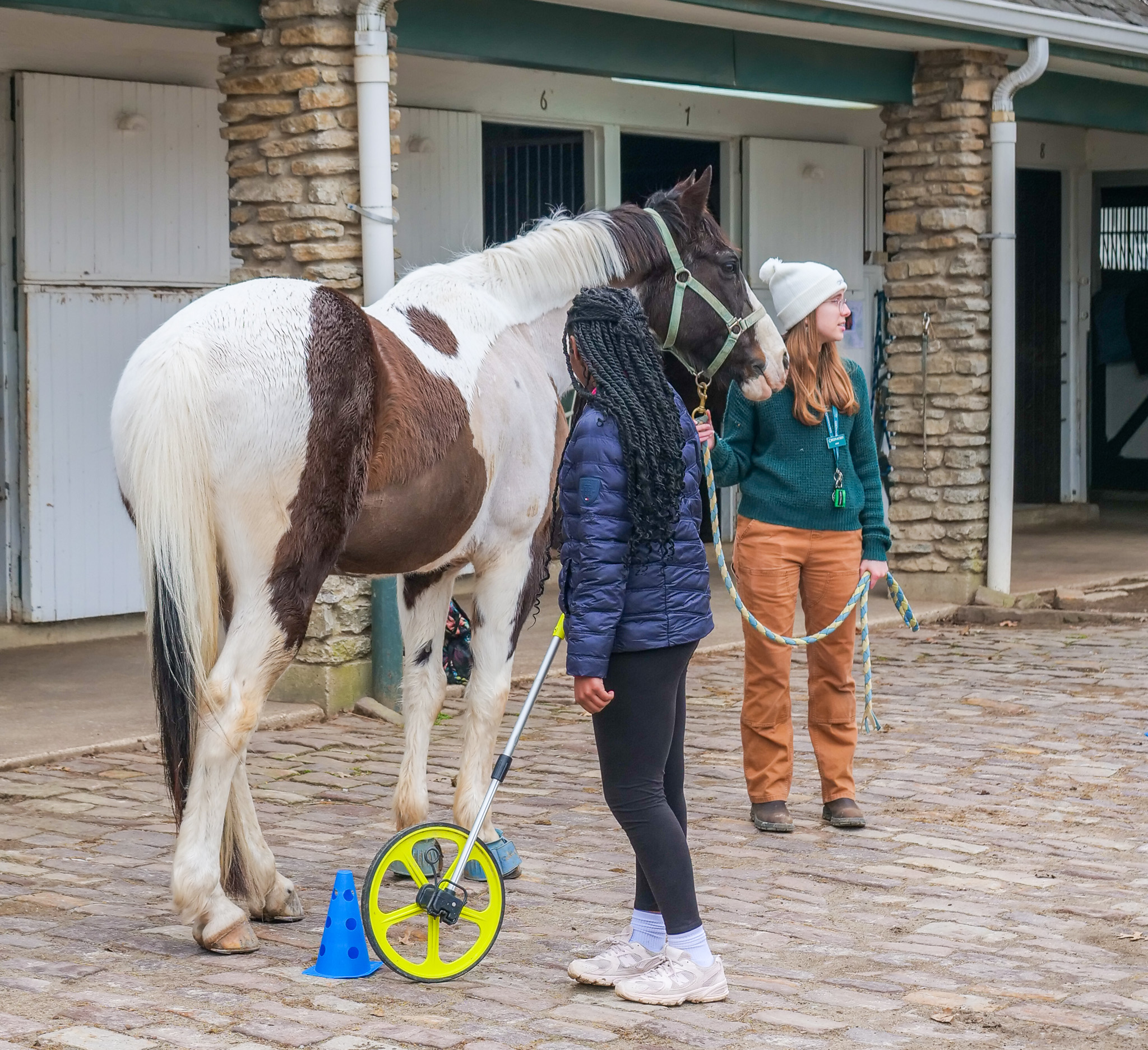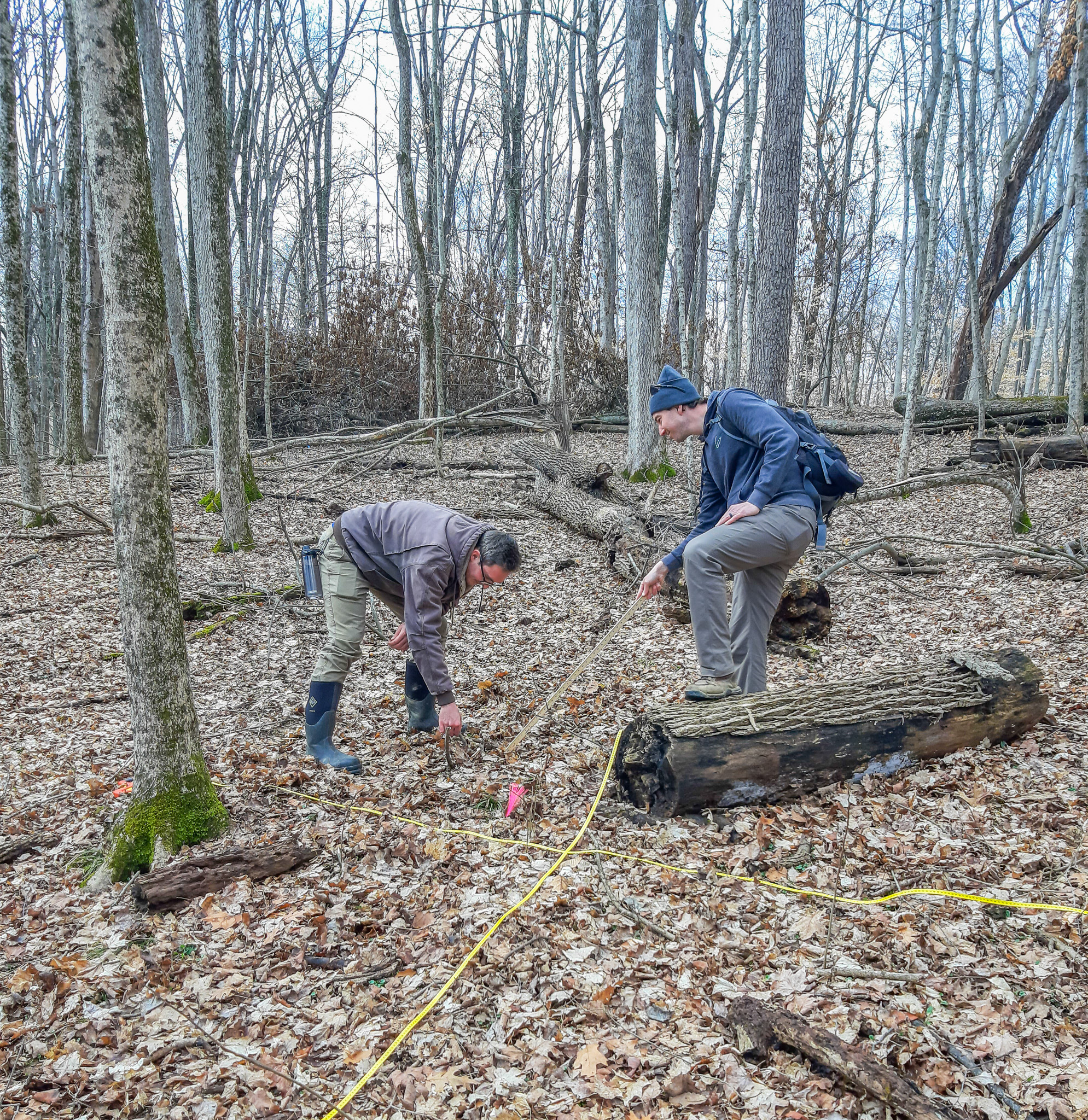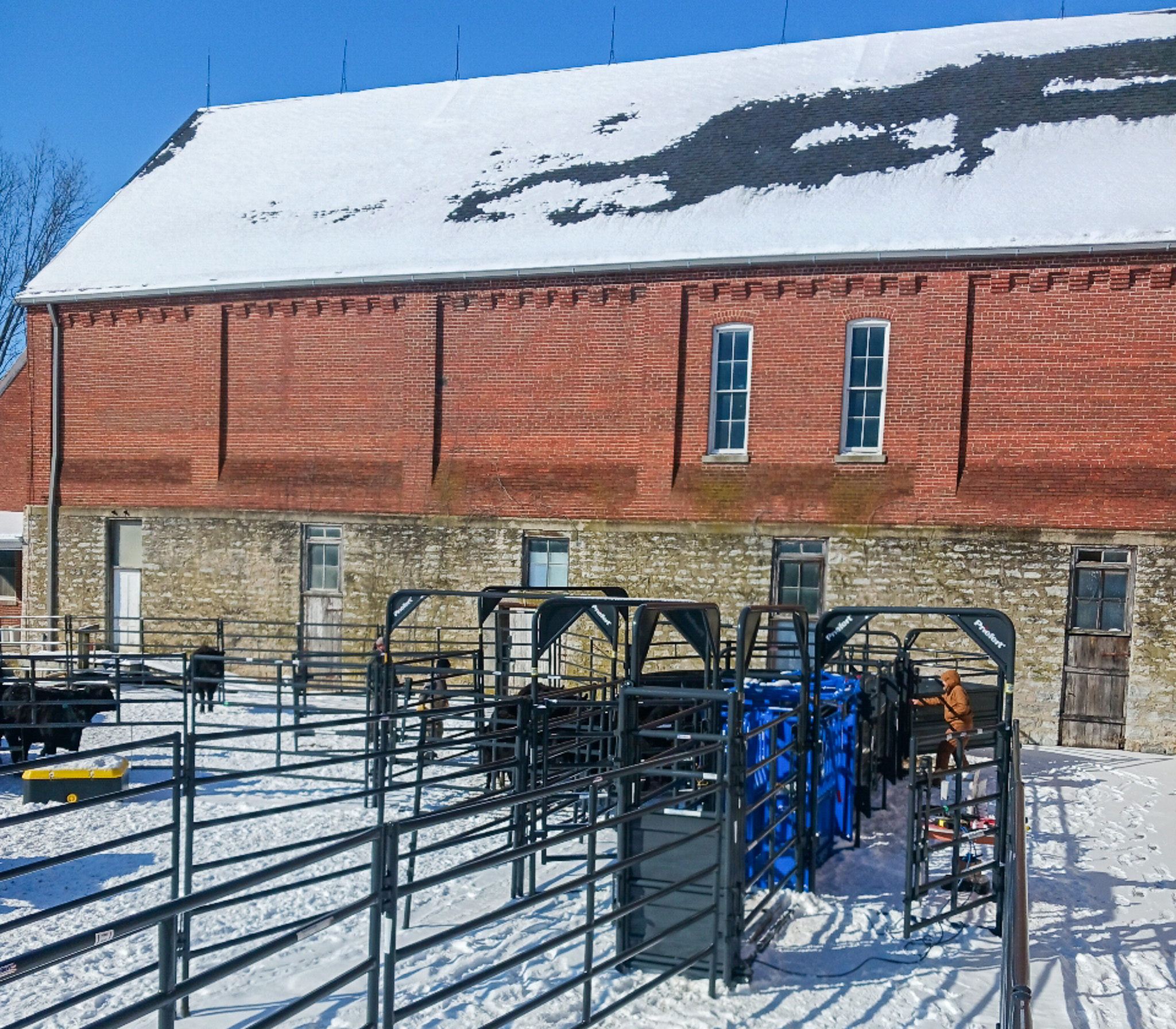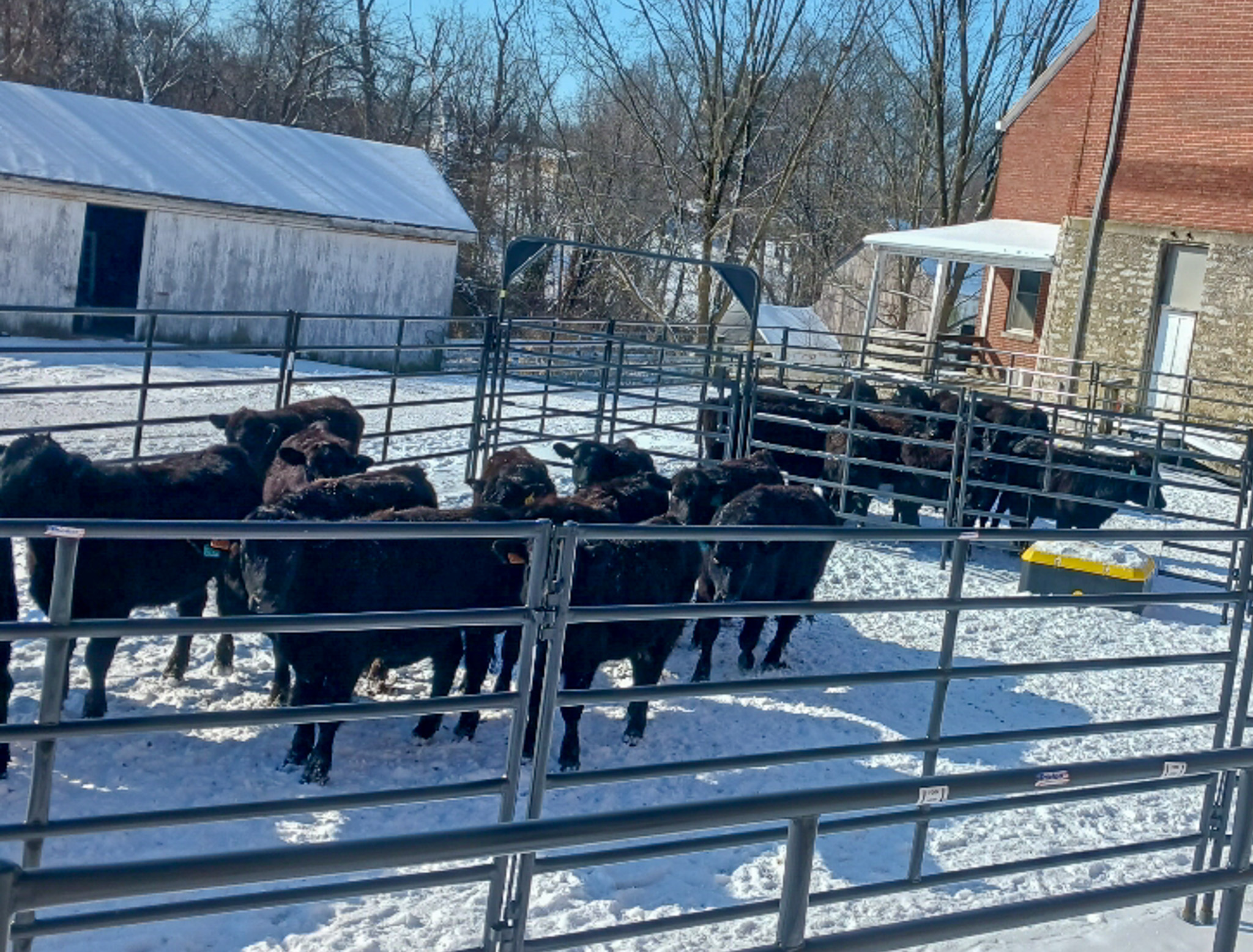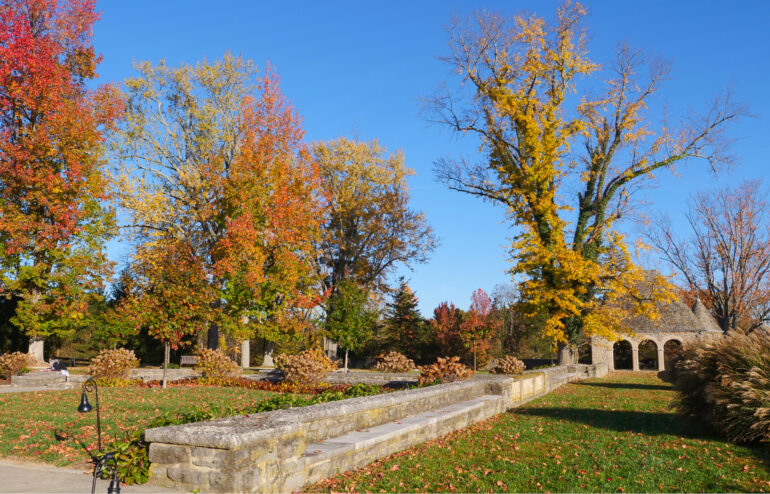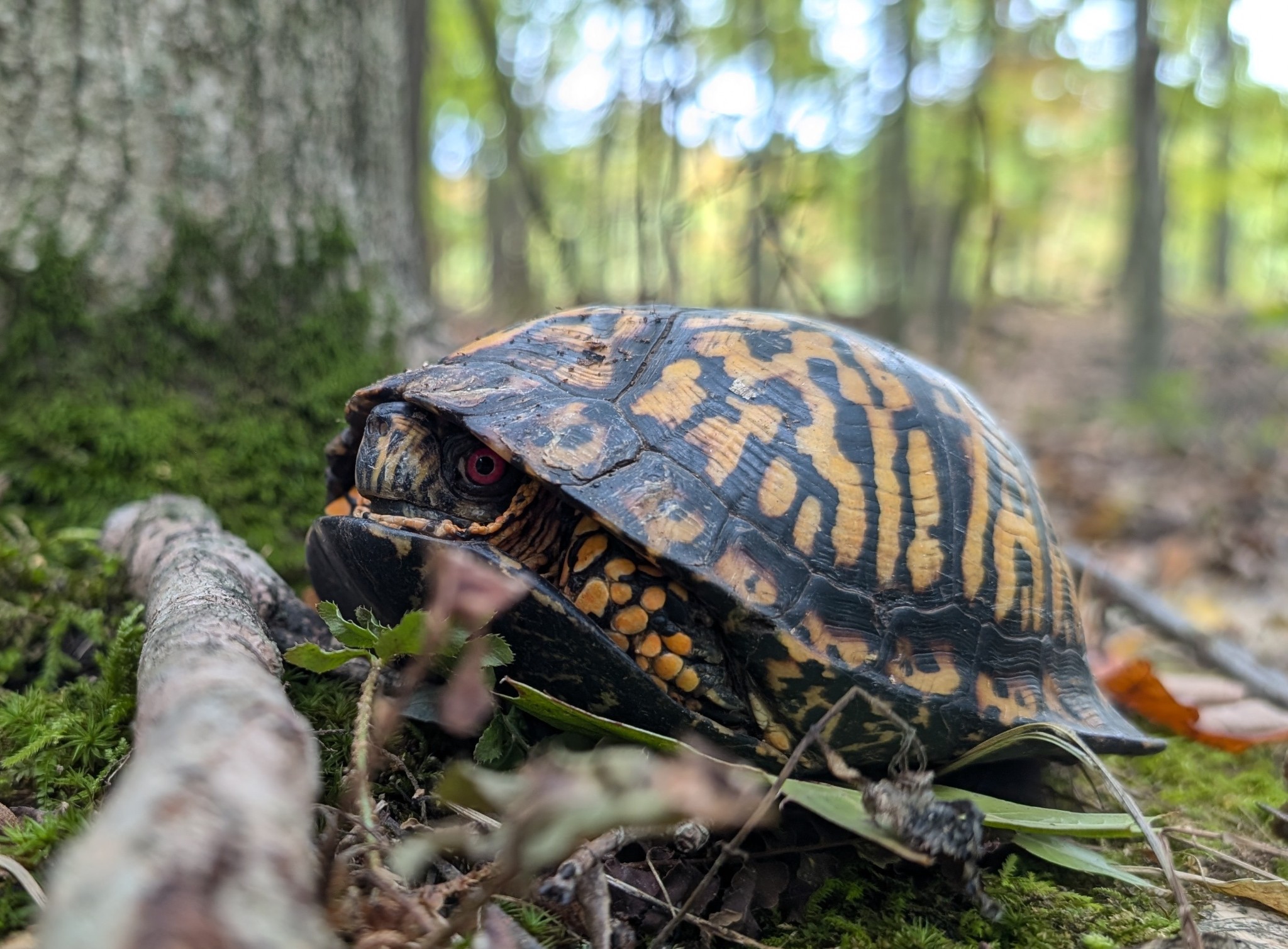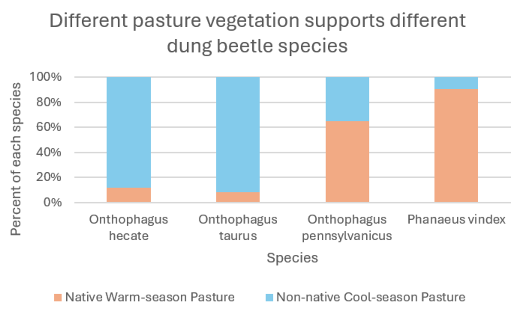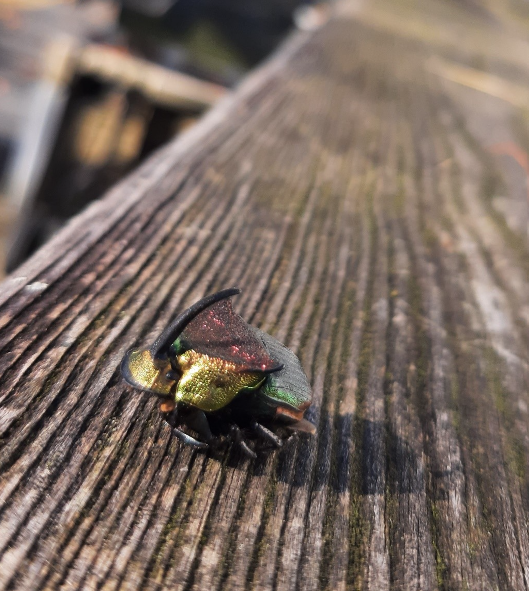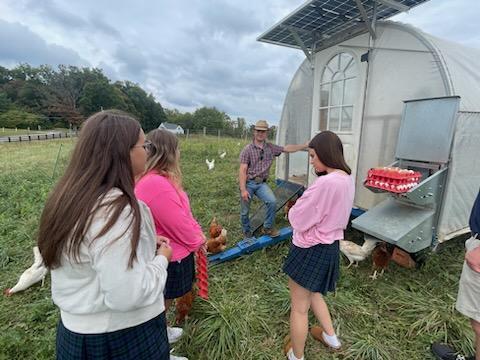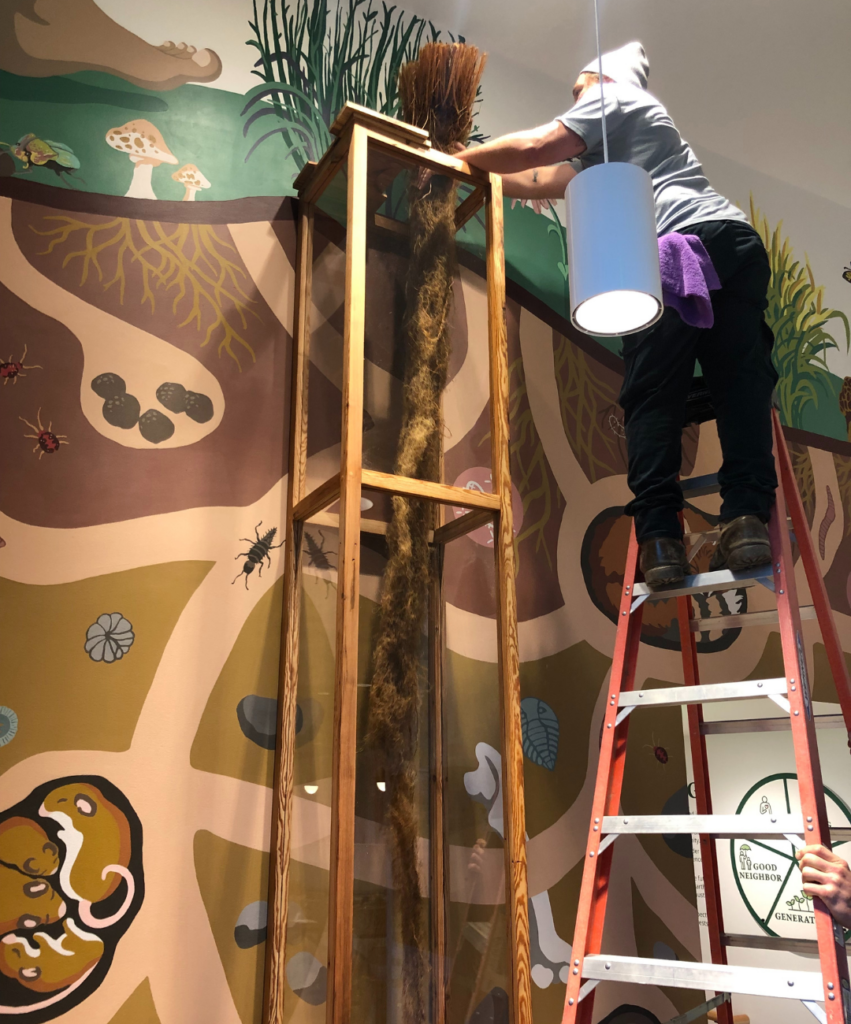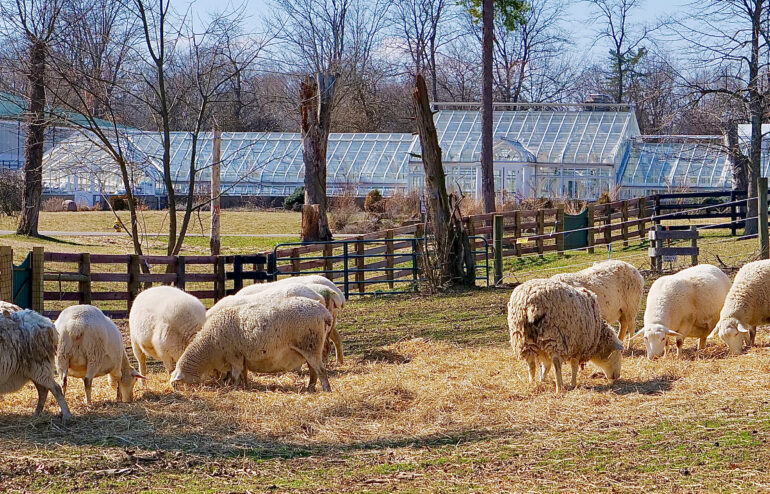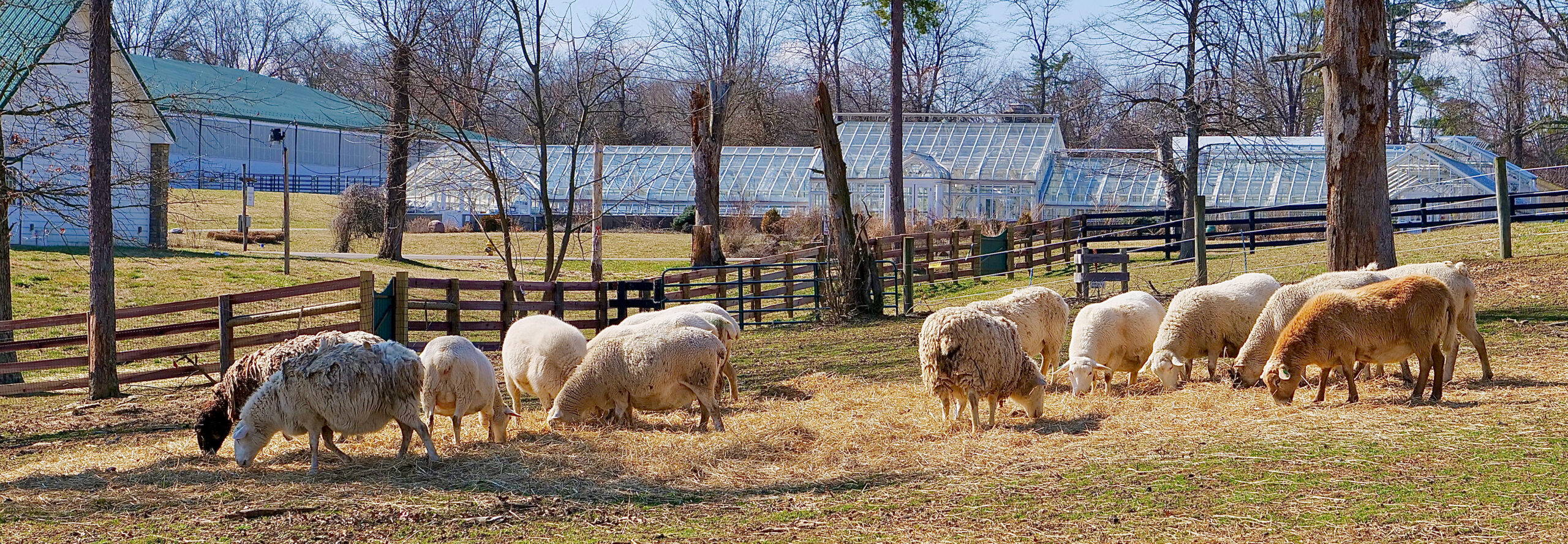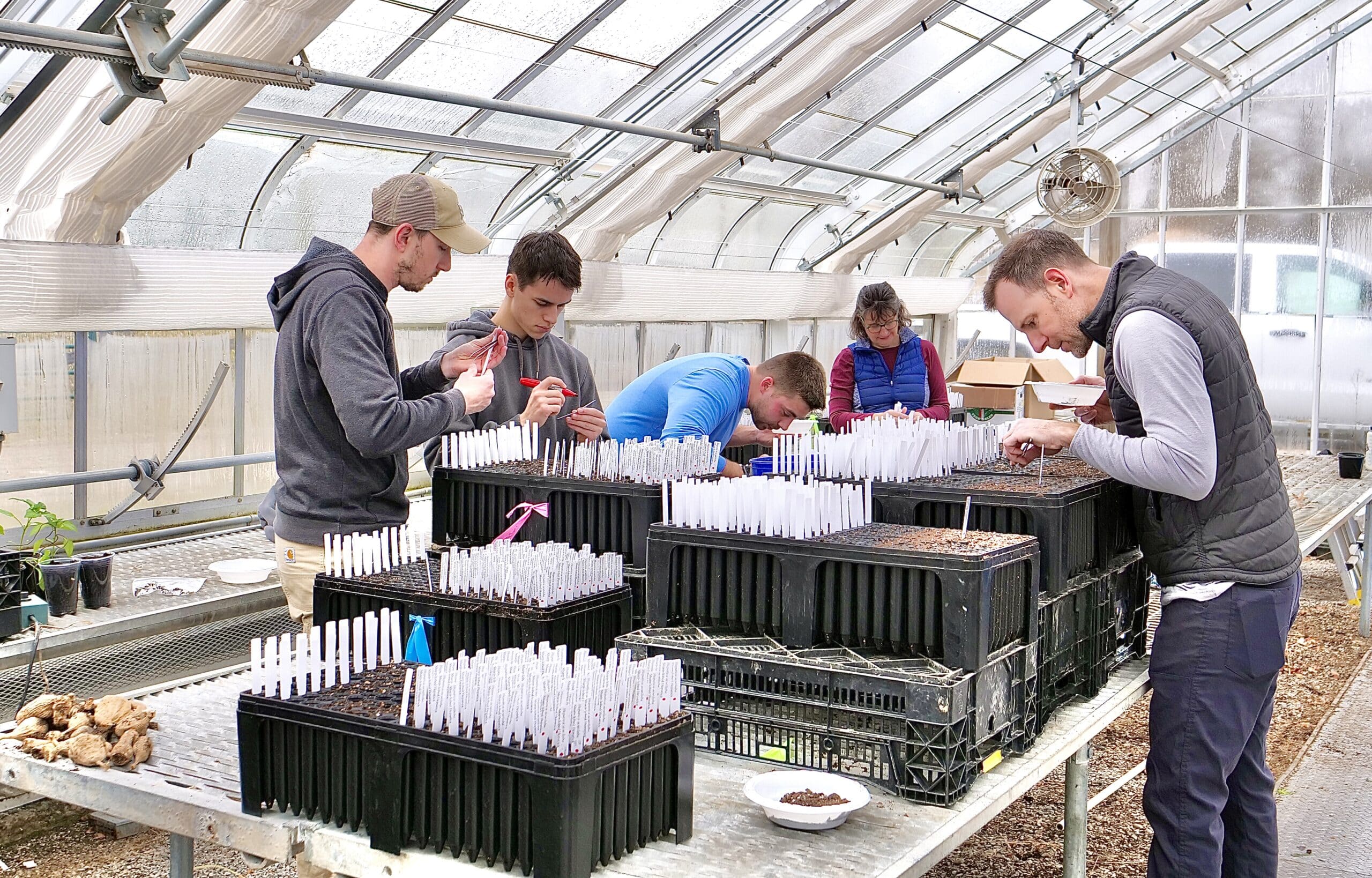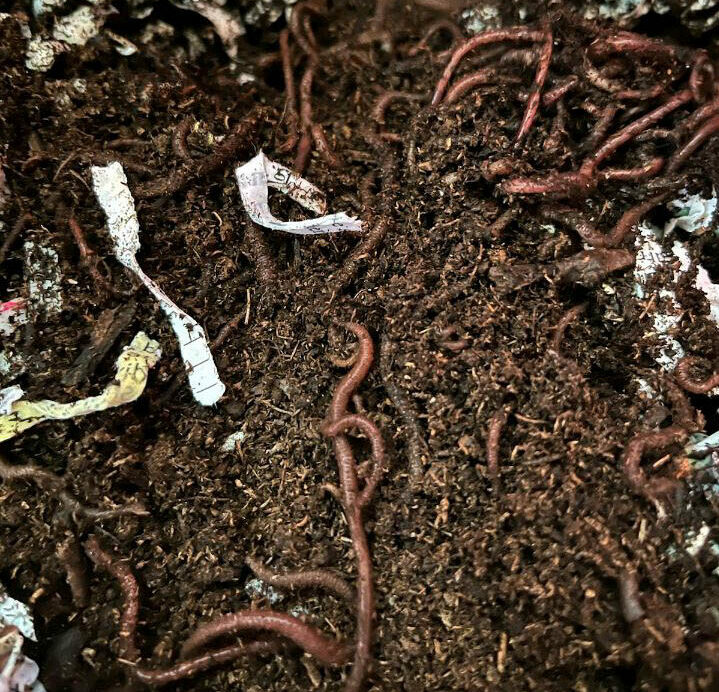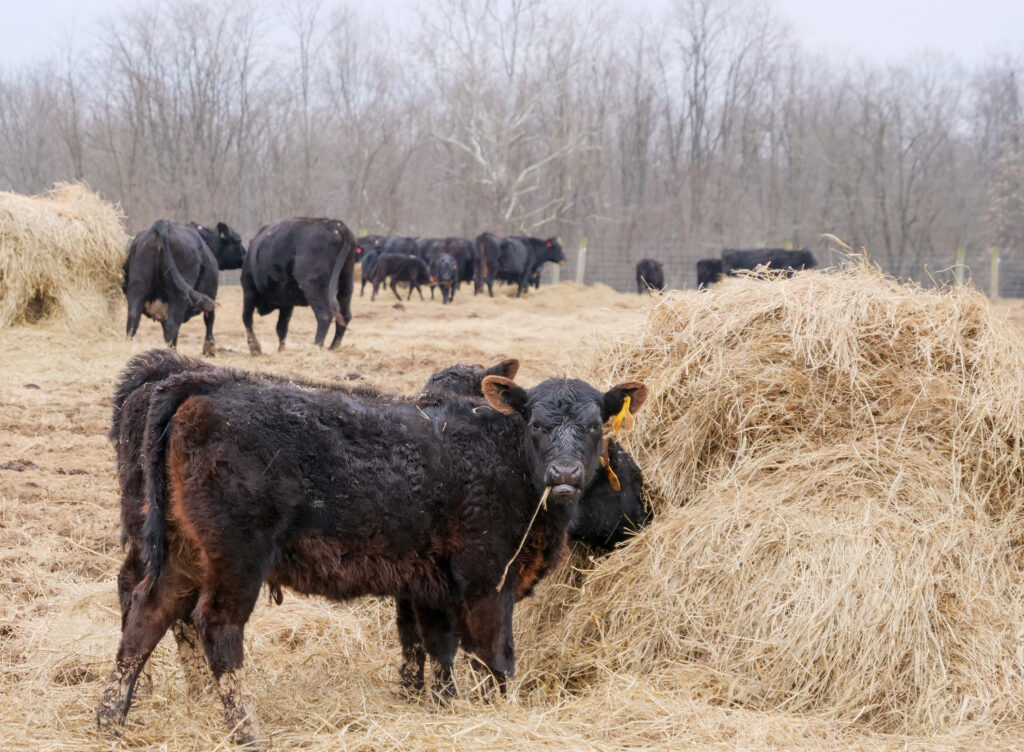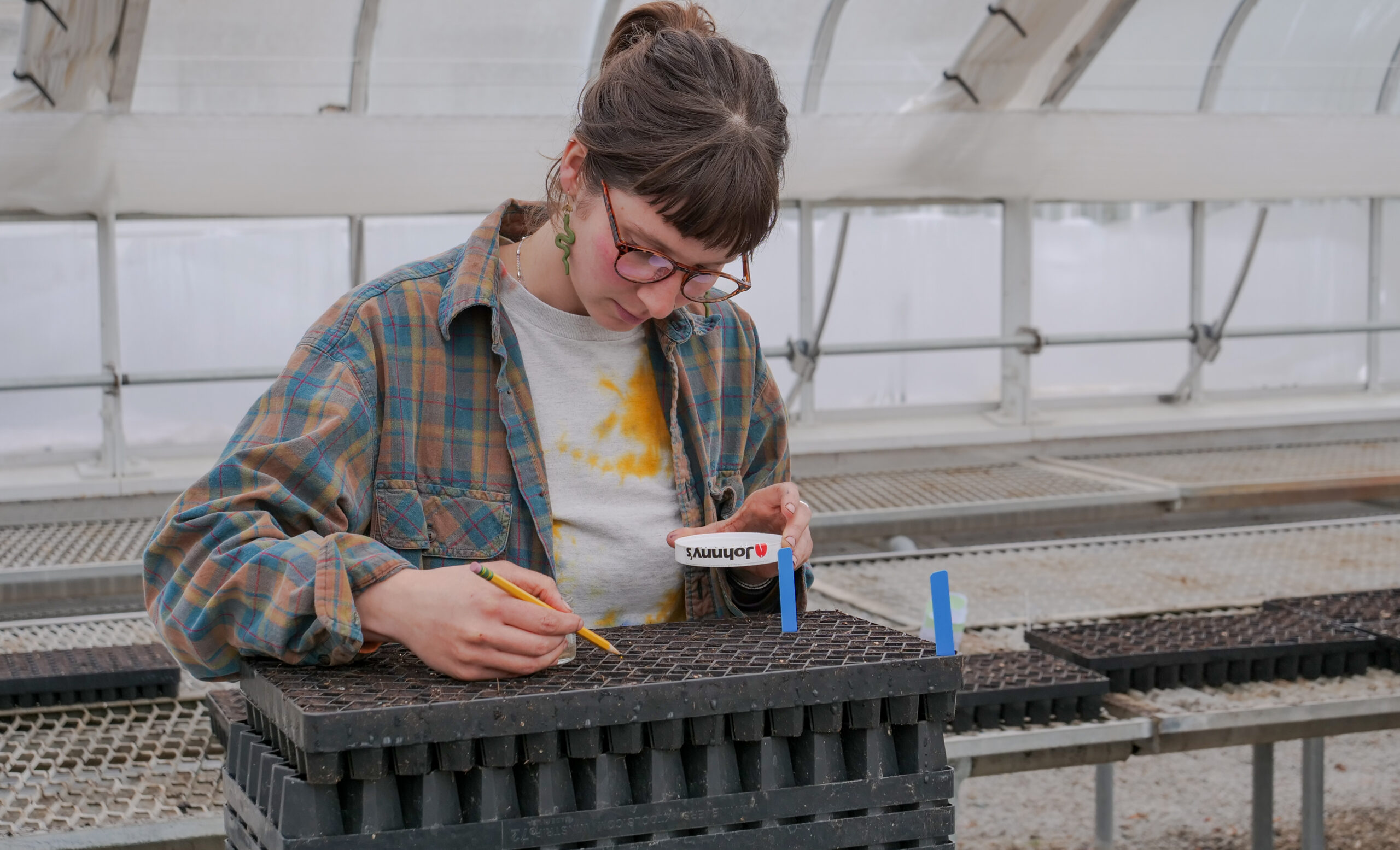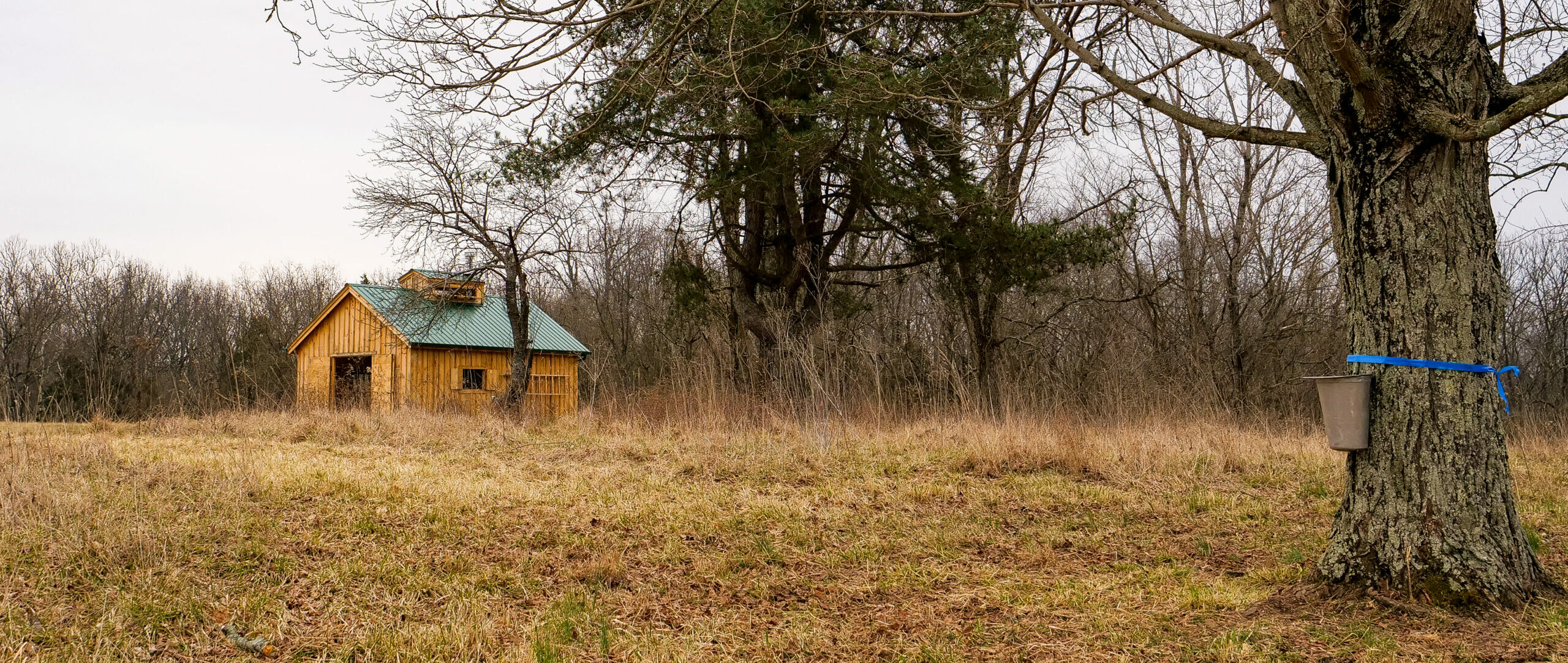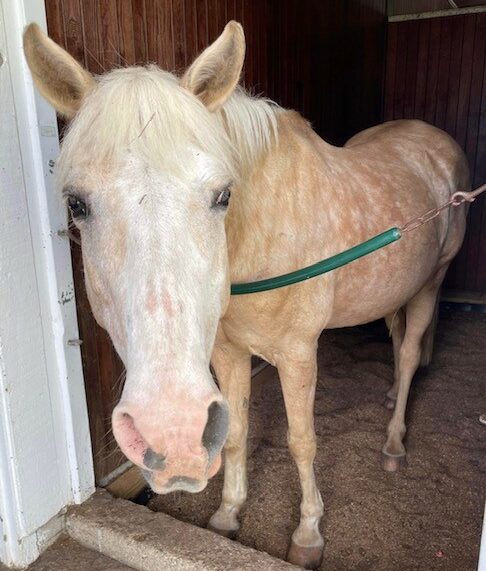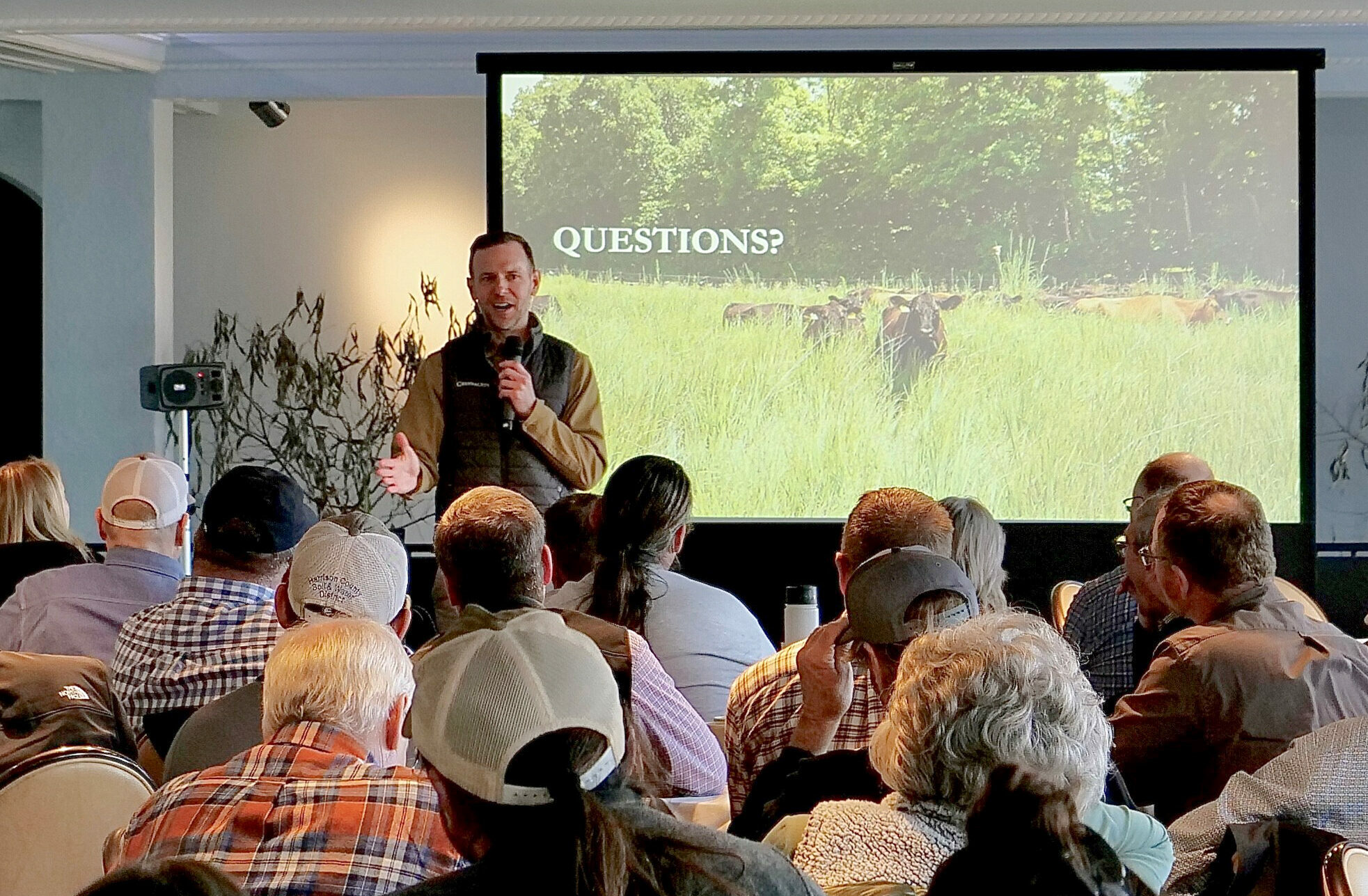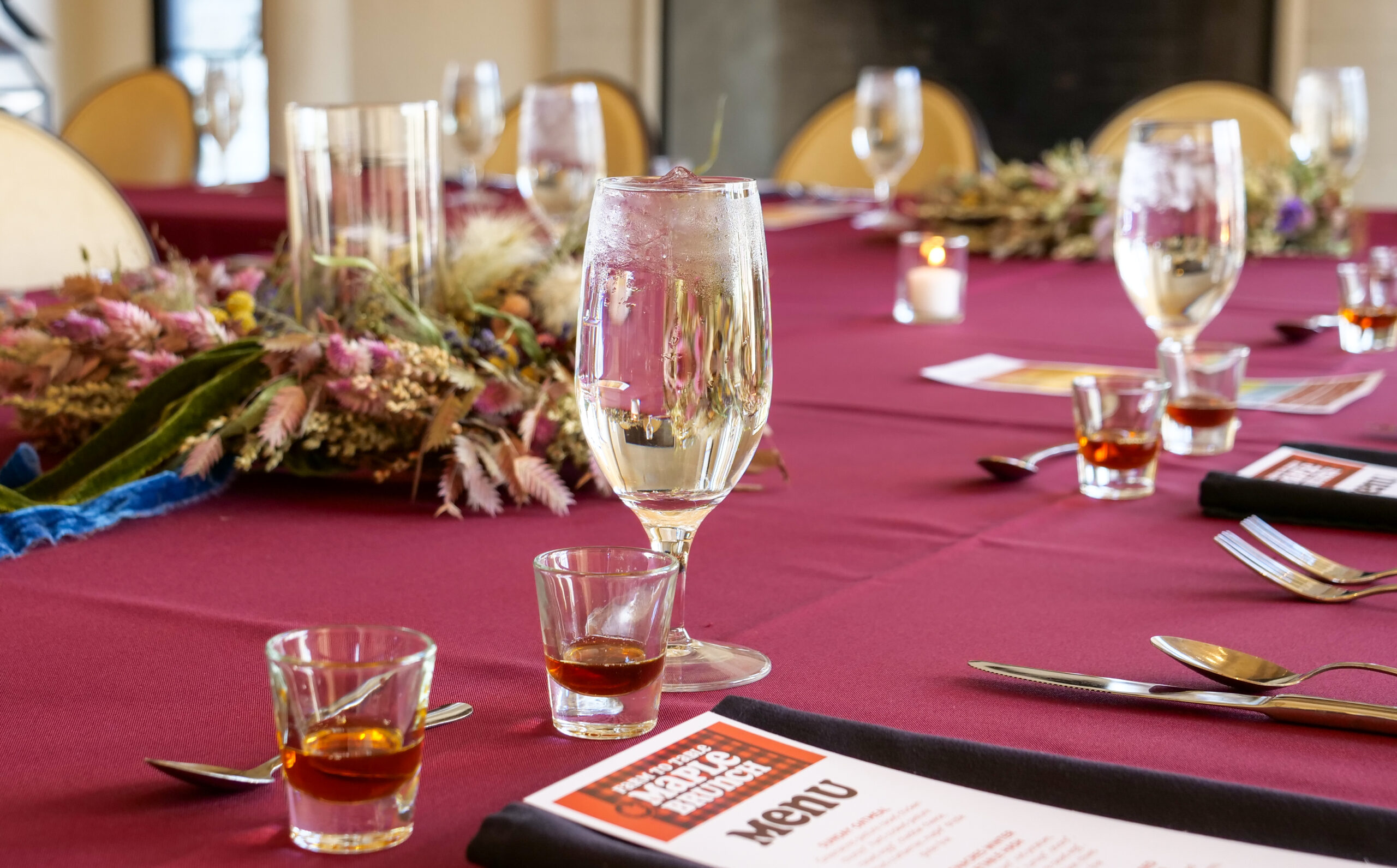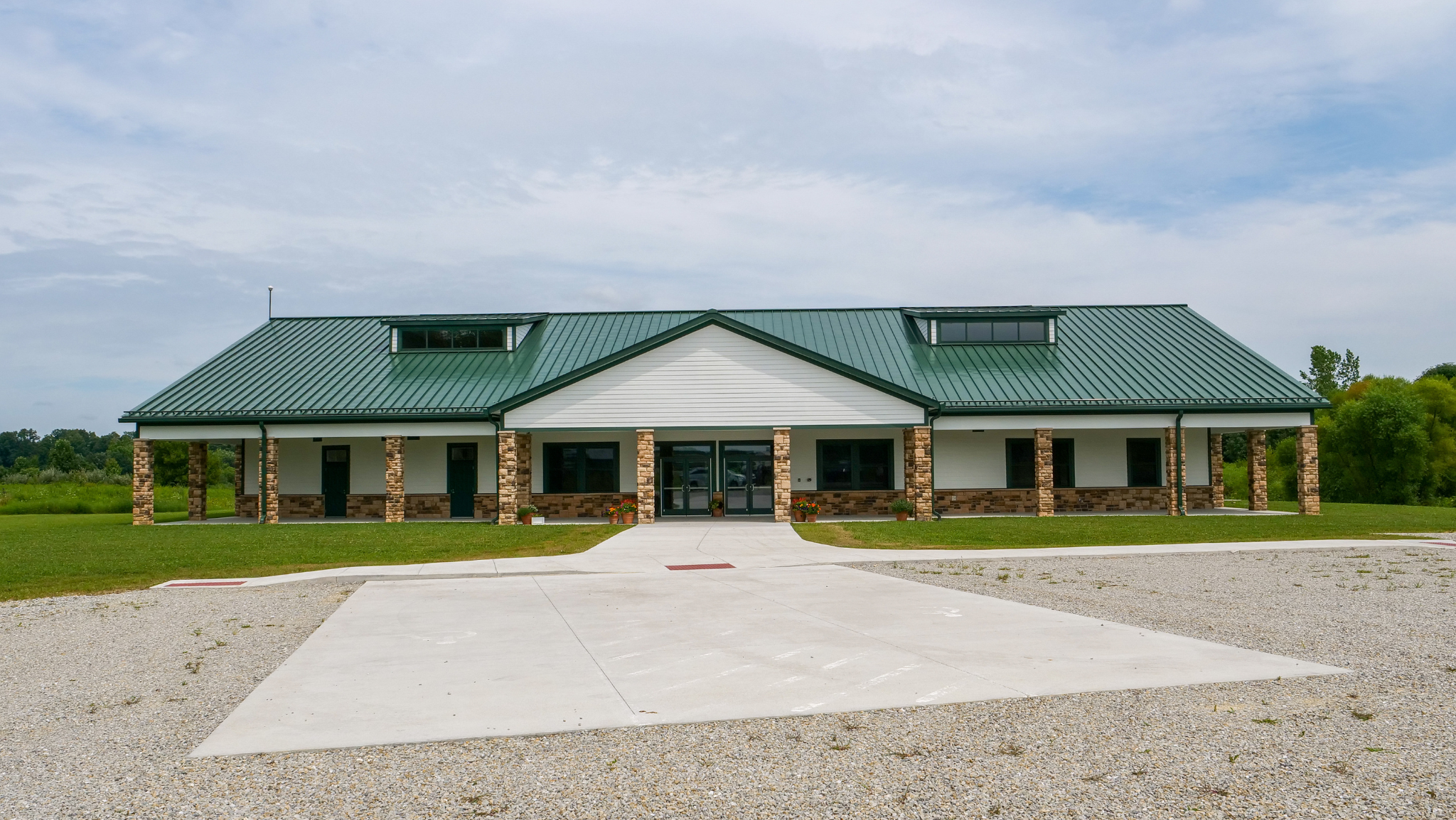
More Than Rolling Hills: The Story of Michaela Farm’s Forest
If you’ve driven along State Route 229, you’ve likely admired the sweeping pastures of Michaela Farm. While those rolling hills are a defining feature of the landscape, they’re only part of the story. Michaela Farm is home to a rich mix of ecosystems that provide habitat for native wildlife—bobwhite quail call across the grasslands, spring peepers sing from ponds and wetlands, and deer and turkey forage on acorns in the forest.
At the heart of this nearly 250-acre farm lies a small but ecologically vibrant forest of about 40 acres. Walking its trails reveals a living story of change, resilience, and renewal.
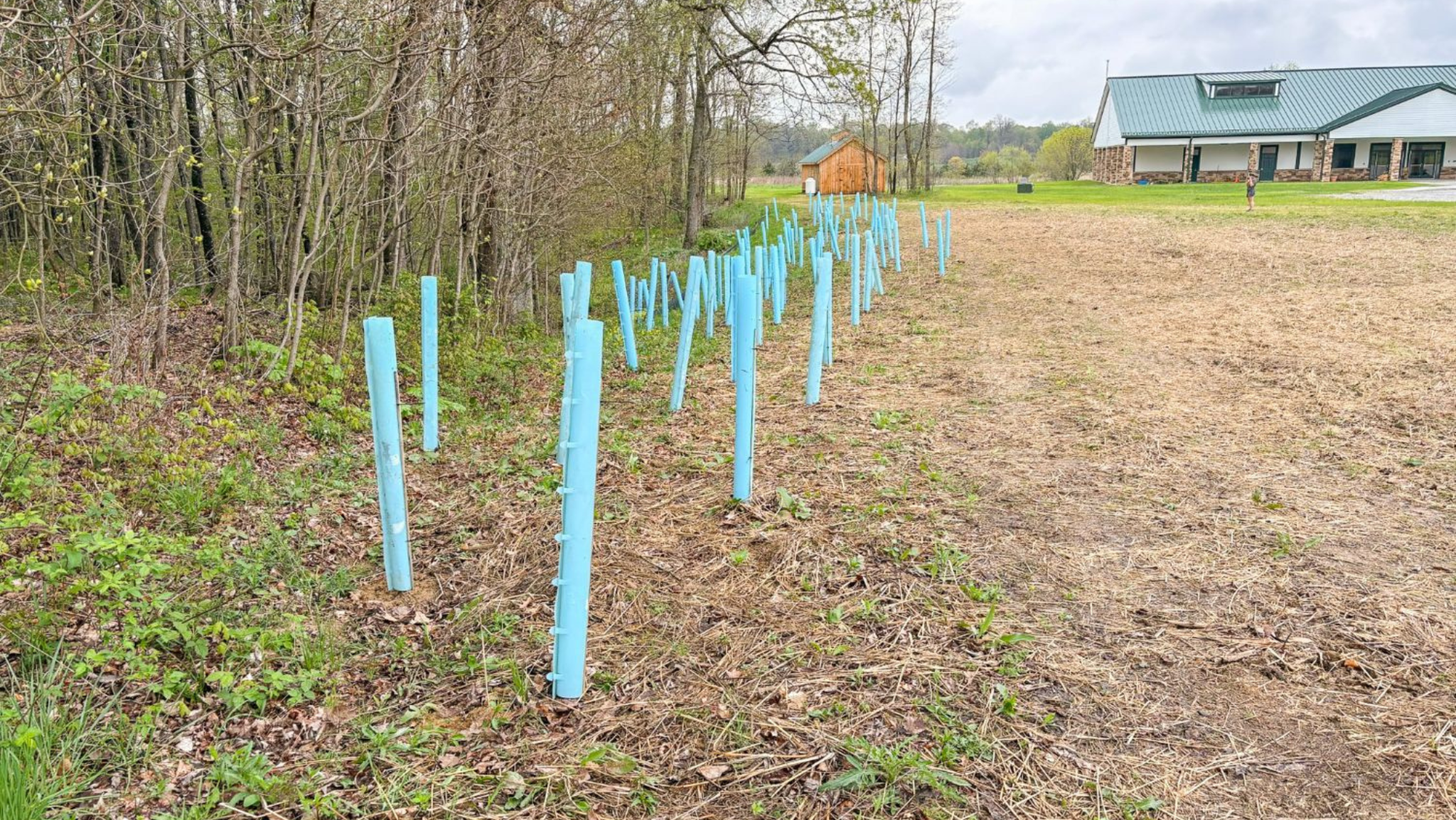
These efforts build on decades of stewardship by the Sisters of St. Francis, who established CRP (Conservation Reserve Program) plantings and native grasslands across the farm. Today, Greenacres continues that mission with support from the community. This past spring, our staff joined students from Oldenburg Academy to plant more than 100 native trees and shrubs near the Education Center. Species like redbud, black gum, hazelnut, plum, persimmon, and black cherry were carefully chosen to stabilize a slope, create a gradual transition from forest to field, and provide food and habitat for wildlife. For students, it was also a hands-on lesson in what it means to care for the land.
The forest at Michaela Farm may be small, but its impact is wide-reaching—supporting wildlife, nurturing biodiversity, and offering daily reminders of the importance of stewardship.
If you’re curious about how you can manage forests, natural areas, or invasive plants on your own property, reach out to our Research team at research@green-acres.org.

